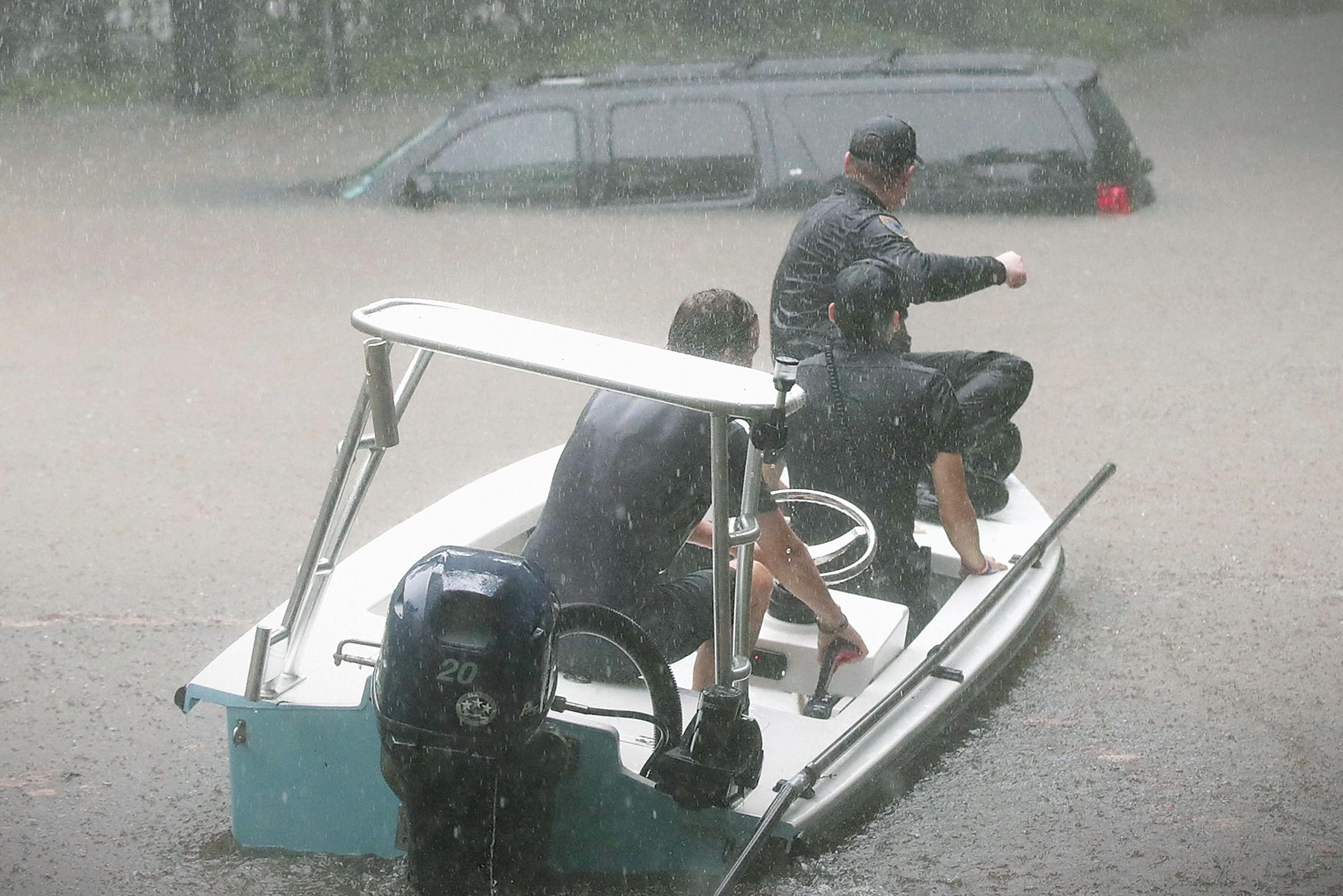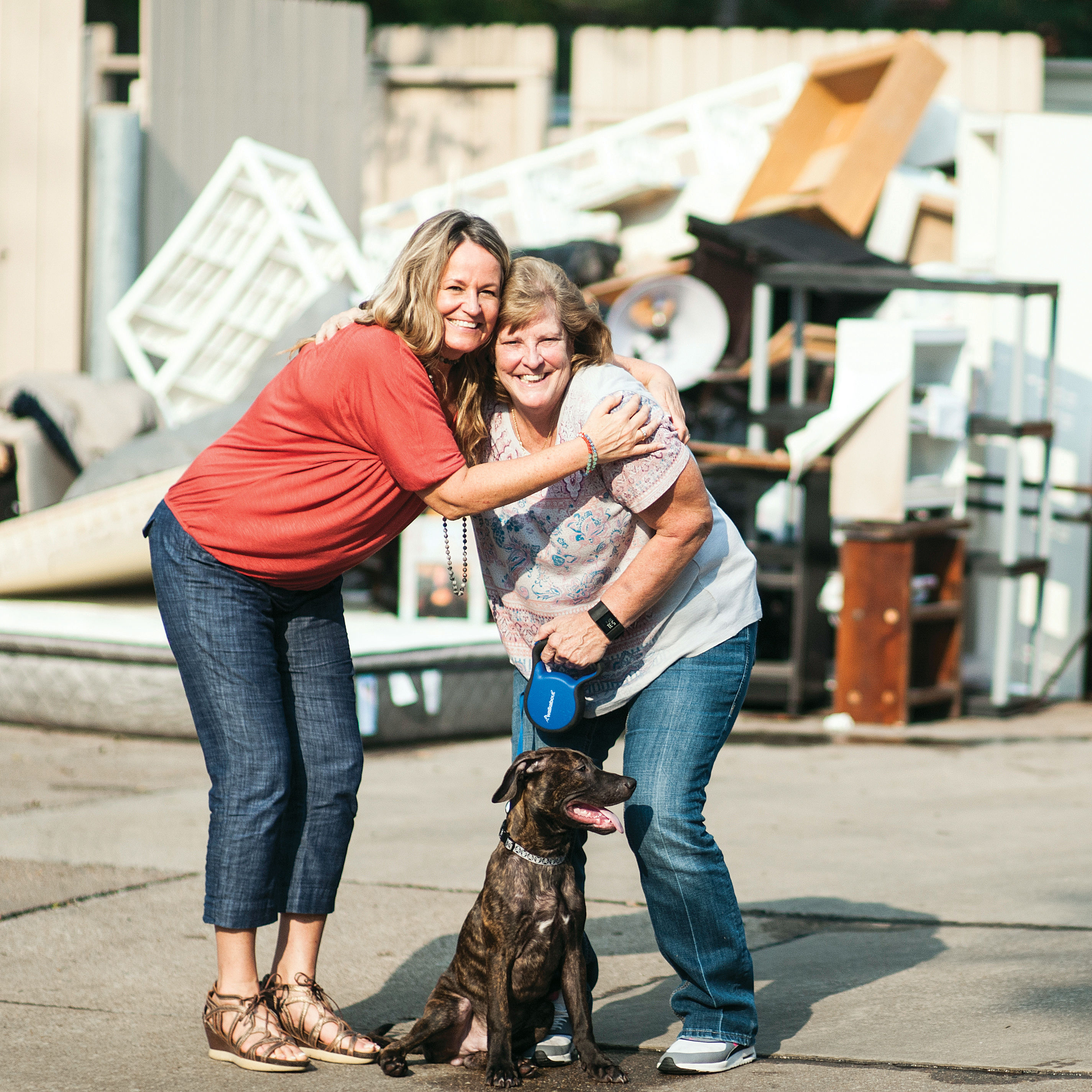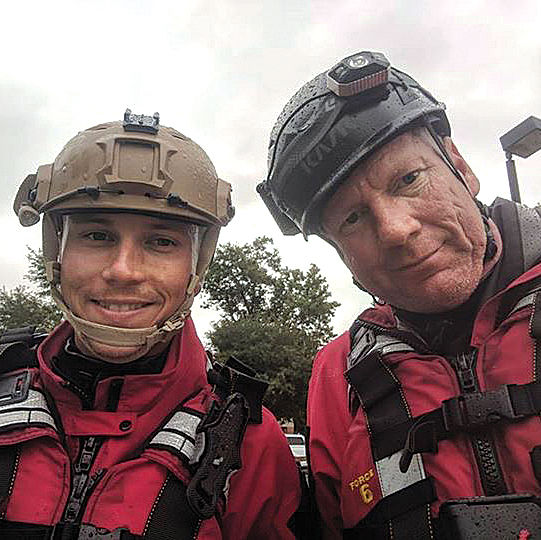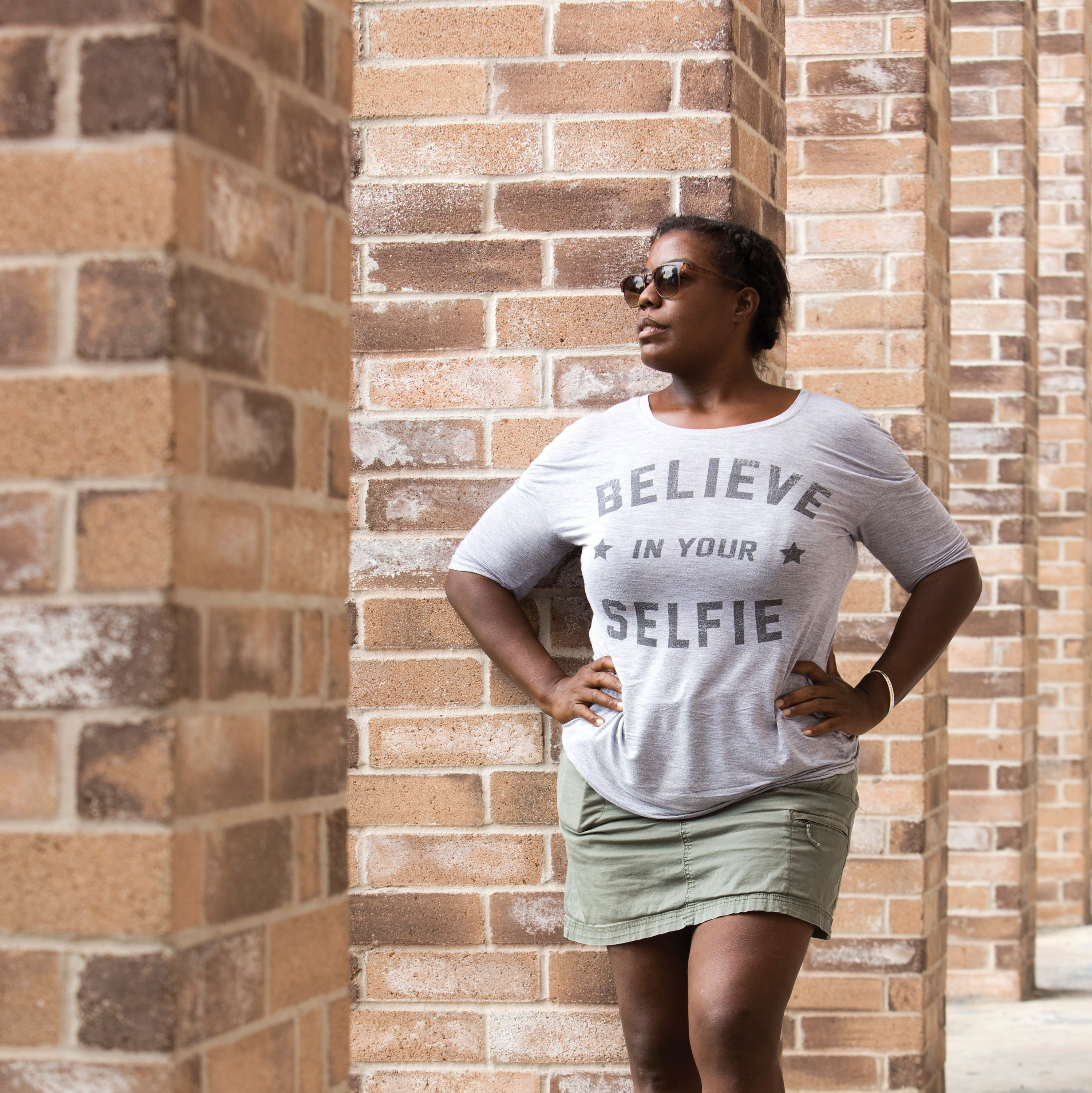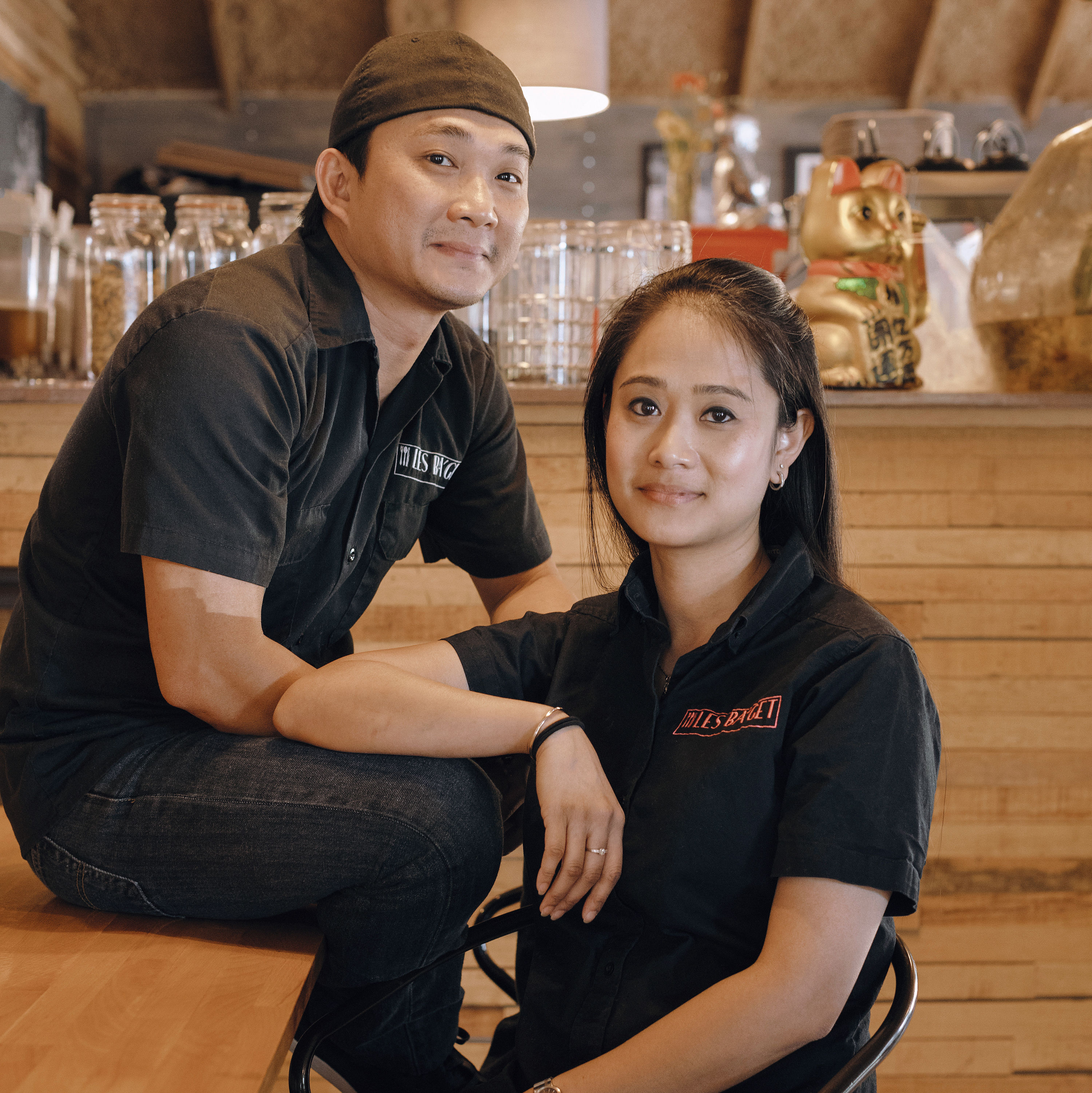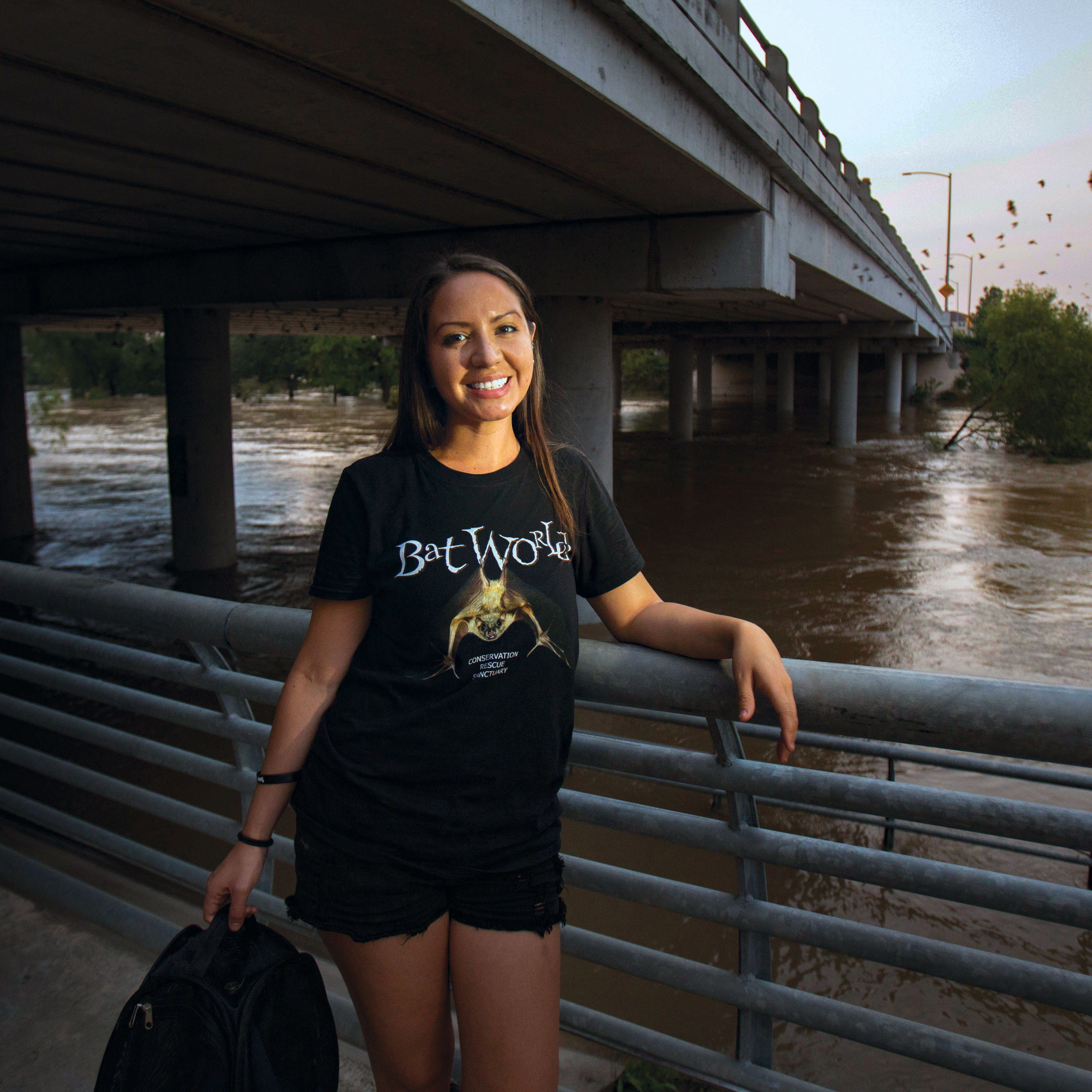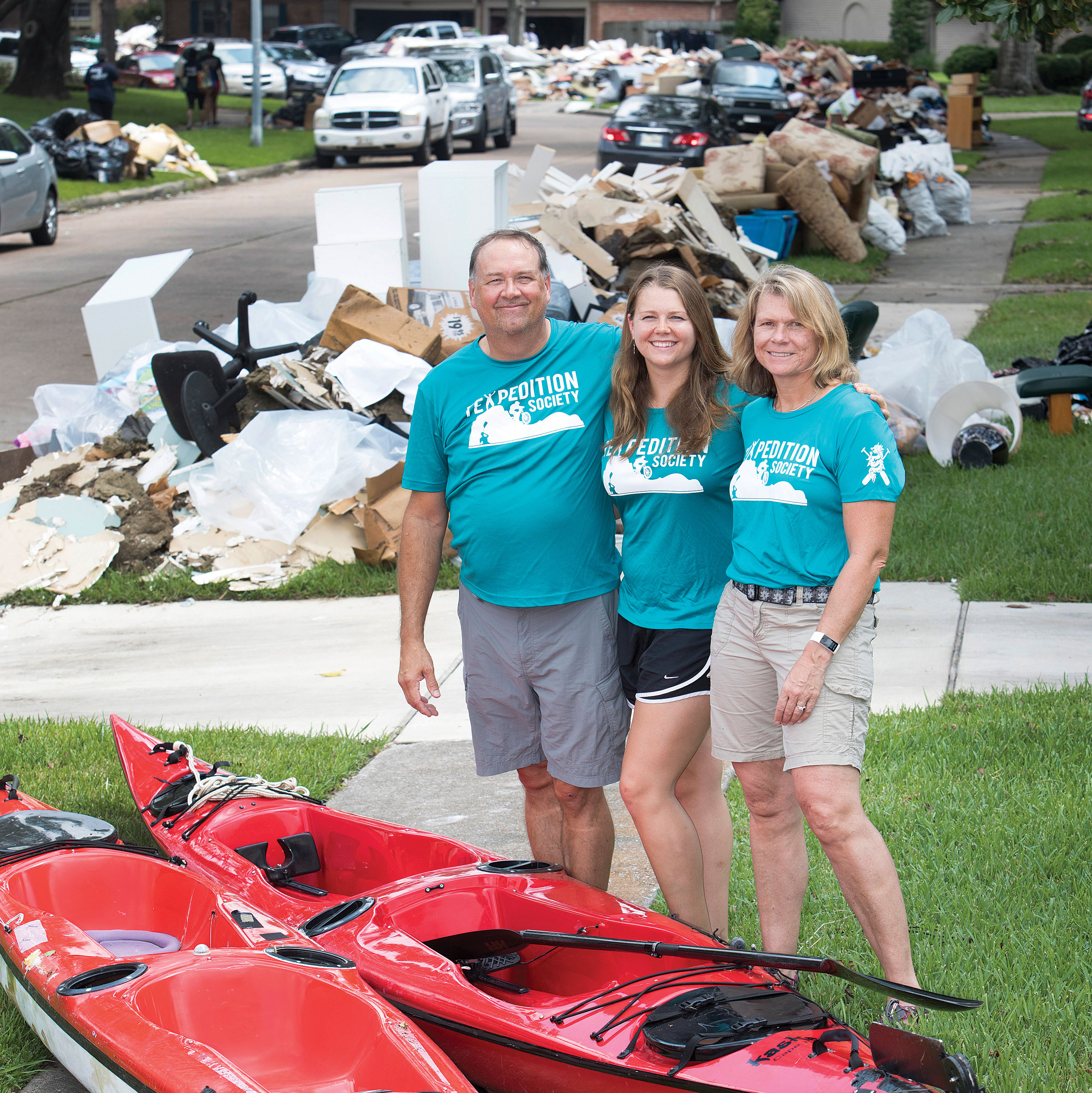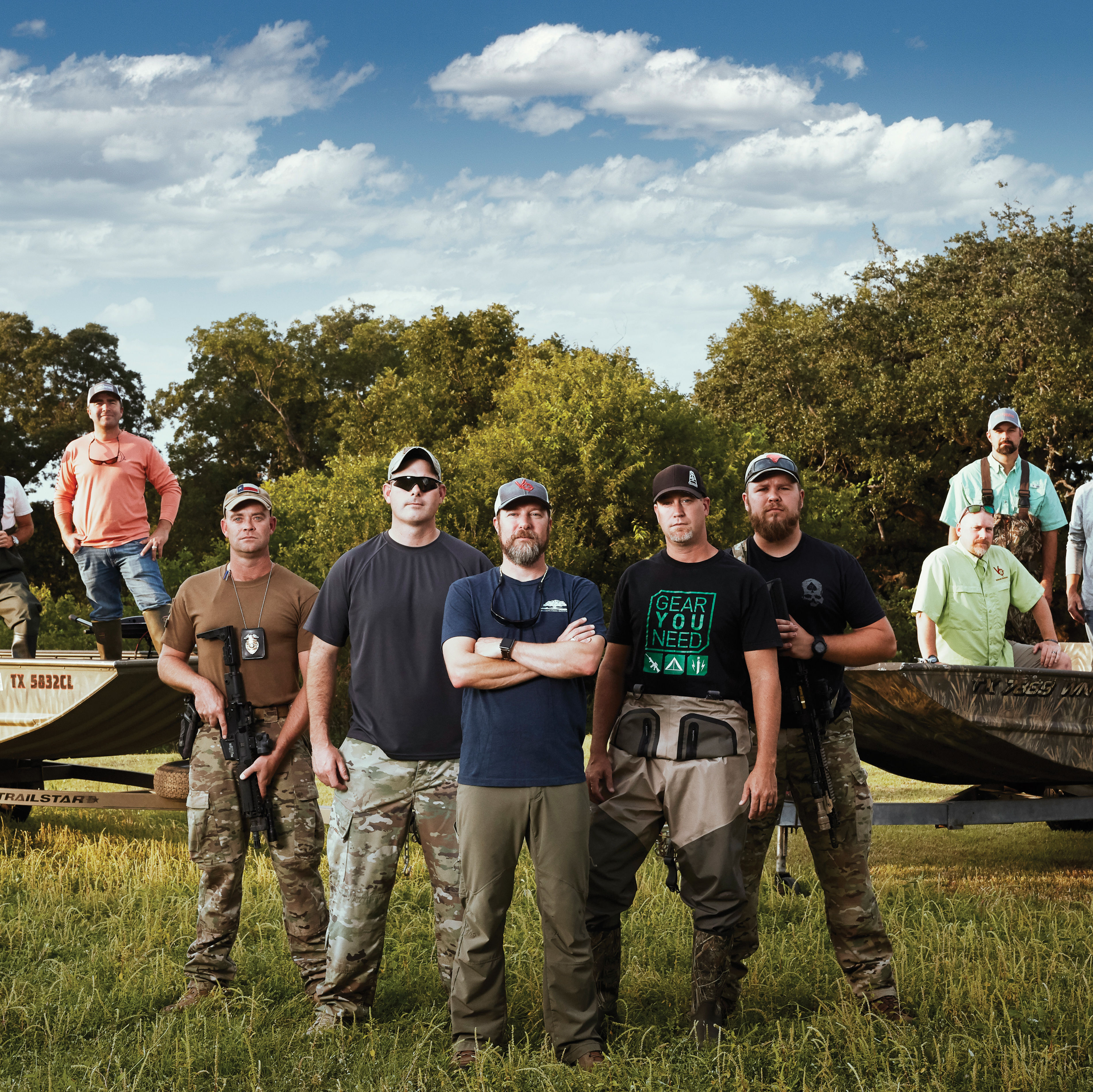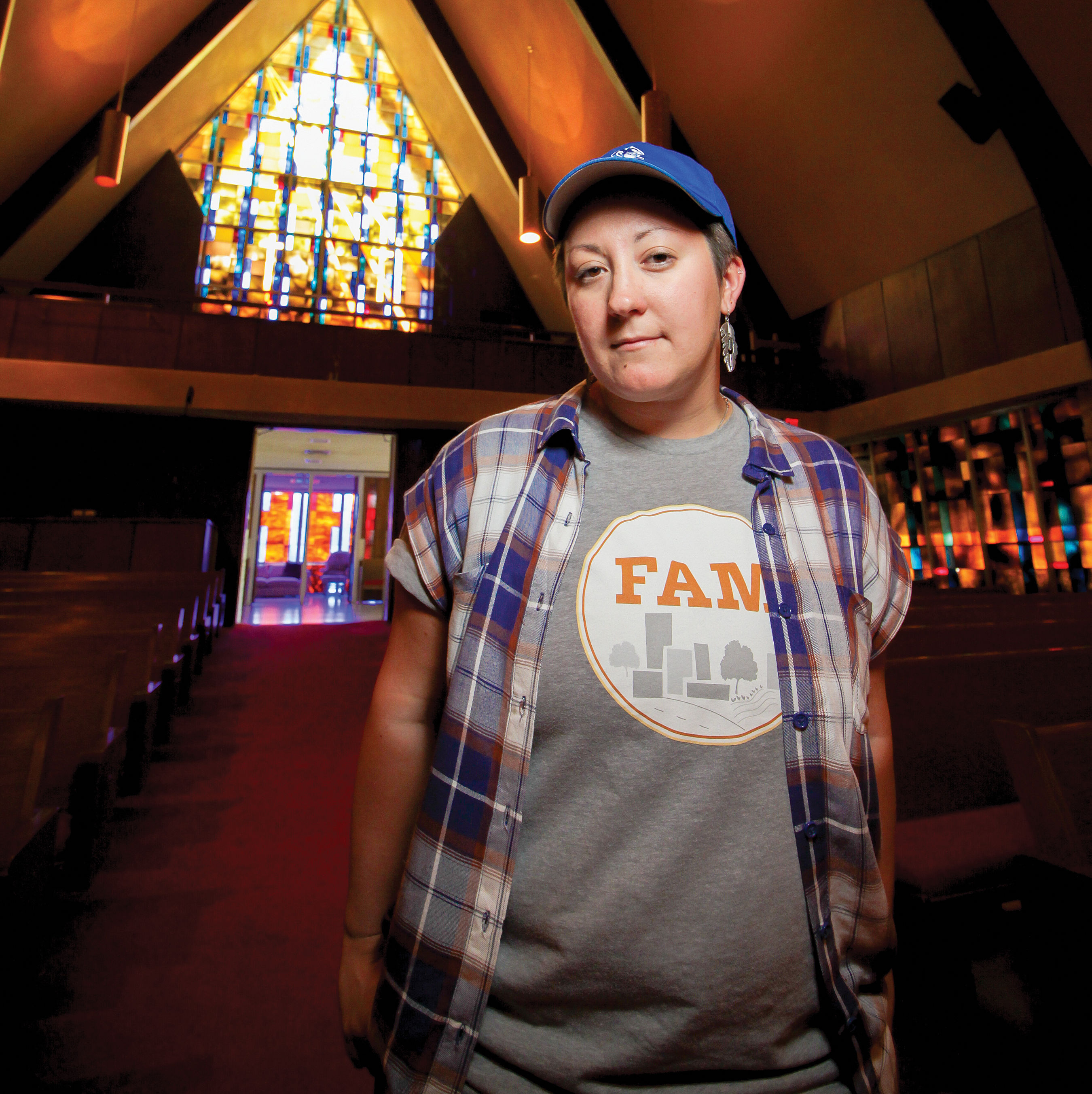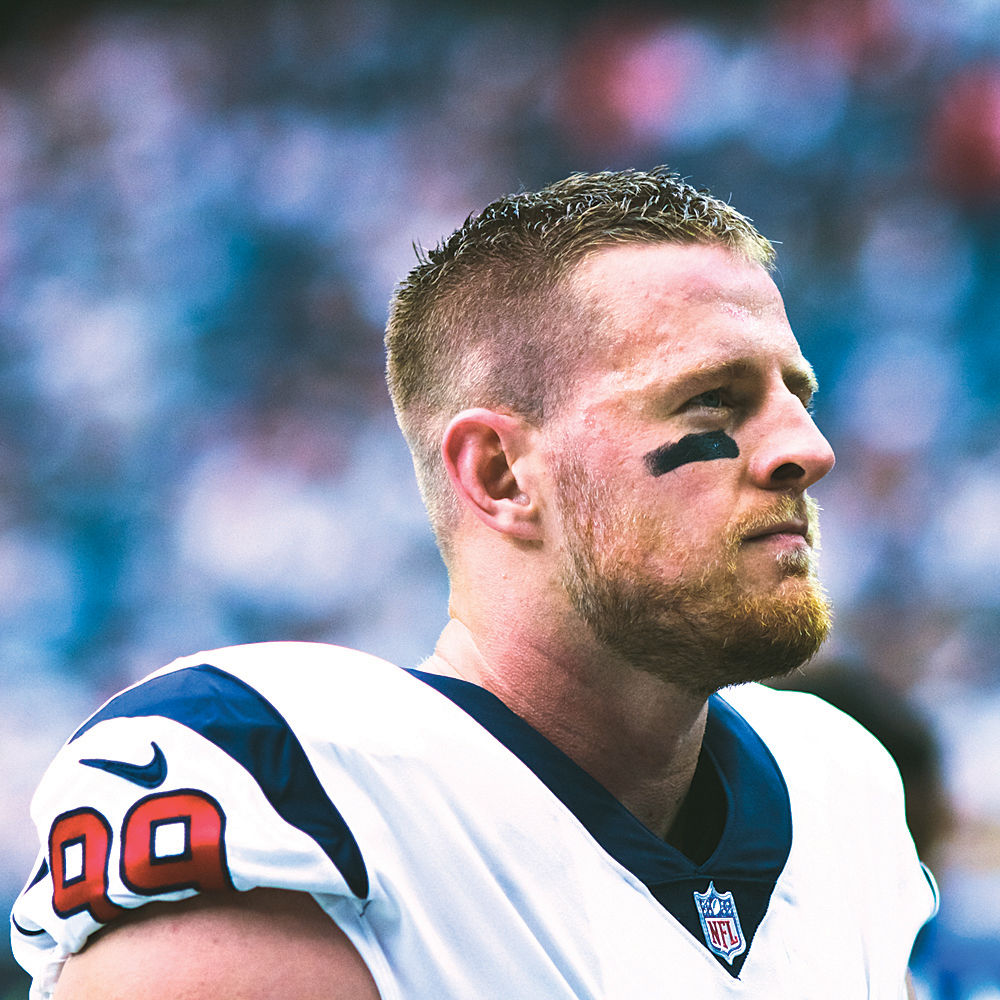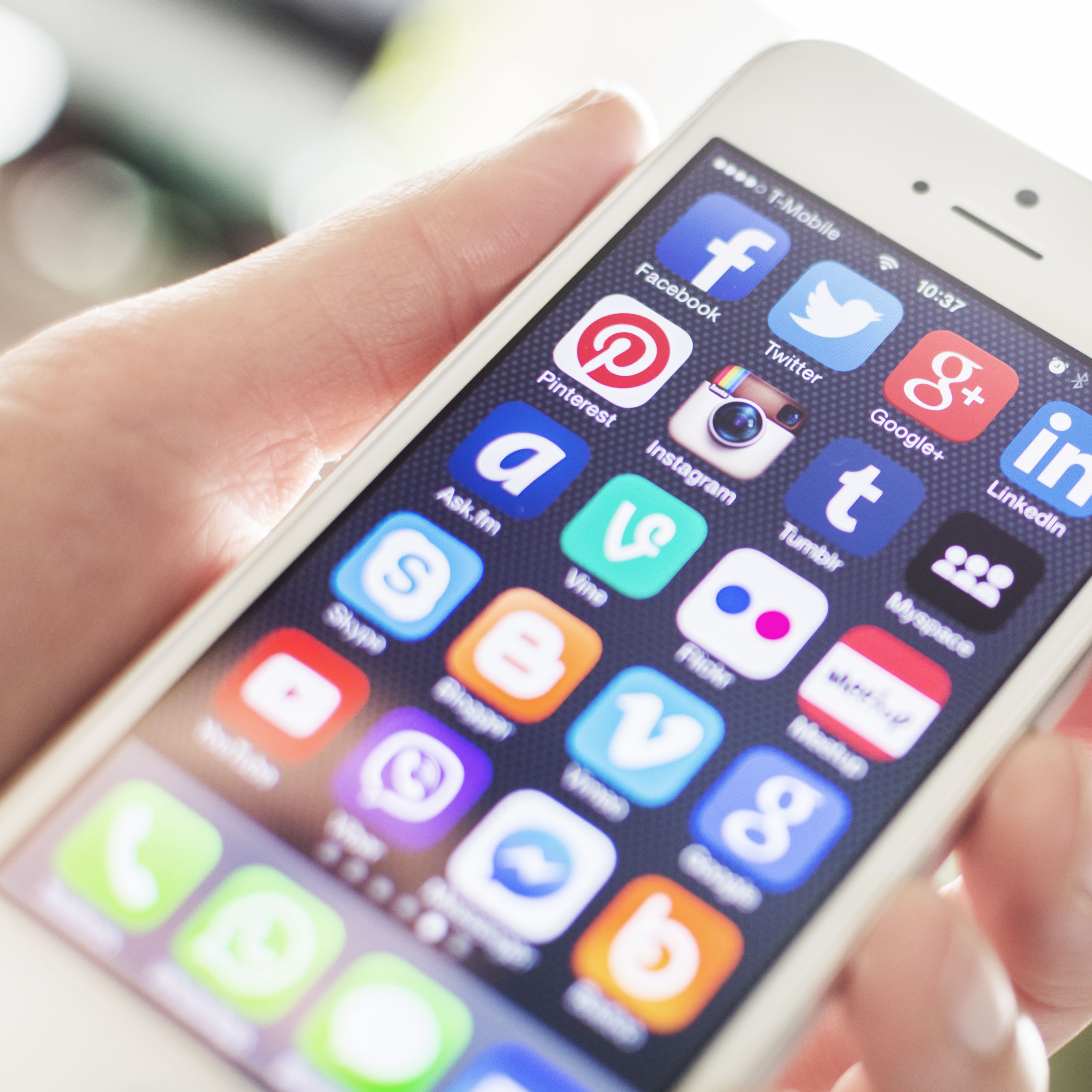They would perish trying to save children, or be crushed by a tree while they slept. They would step on live wires hidden in murky waters and be electrocuted, drown in cars swept off roads or trapped in flooded underpasses, suffocate when oxygen tanks lost power. They would die in SUVs, swollen lakes, bayous, ditches and alleyways. Their bodies would be discovered everywhere—in a tree, against a fence in Galena Park, on the grass along the Eastex Freeway, a clock repair shop, a Walmart parking lot. By the time rescue crews arrived, there would be dead in Memorial, dead in Meyerland, in Dickinson and LaMarque, in Katy and the Houston Ship Channel.
On Friday, August 25, when the wind kicked up and the first raindrops began to fall, no one had any idea what tragedies would swiftly befall our city. Few could have predicted we’d soon be climbing into attics or huddling together on rooftops or clutching tree trunks to keep rivers from washing us away. It seemed unthinkable then that women, Houstonians, might ever go into labor in waist-deep torrents, that floodwaters would threaten to swallow up the elderly in nursing homes, patients in hospitals, cattle on farms. Areas of town that hadn’t flooded during Allison, the Tax Day floods, or the Memorial Day floods found themselves inundated.
Just a few days later, thousands would lose everything they owned—houses, cars, objects of value both great and sentimental—and thousands more would consider themselves lucky to have lost half as much. By the time it was over, every Houstonian would be touched by Hurricane Harvey in some way, all 6 million of us, yet on August 25 not one in a million knew what catastrophes lay in store.
Indeed, the only thing less expected than the storm itself was what it gave rise to. Even as the whole terrible drama was still unfolding and the waters were just ankle-deep—something began to happen, something as unforeseeable as a city underwater and more remarkable than 51 inches of rain. Something mighty, miraculous and quick. Men fighting losing battles with raging currents looked up and found, to their astonishment, that boats had appeared out of nowhere. Women had hardly been trapped when human chains formed out of thin air to rescue them. Mere minutes after desperate pleas were posted to social media, help arrived at doors all over town.
As the rain worsened and the debris piled up, so did the miracles. In an instant, teams of Houstonians converged on the bumpers of stranded, frightened drivers, heaving them to safety. Doctors canoed to boys in need of surgery. Policemen and SWAT officers and firefighters pulled the marooned from car roofs, capsized boats, and second-story windows, while unbadged Houstonians commandeered 18-wheelers and garbage trucks and jet-skis and rafts and air mattresses, all so they might save people they’d never met, strangers they invited into their homes without a second thought, or carted to furniture stores and churches, synagogues and mosques, whose doors had opened like magic.
And wonders didn’t cease when the soaked and shaken were brought to safety. Hundreds of volunteers greeted them at shelters, as did plenteous doctors and nurses. There were great piles of food and blankets and every conceivable necessity. Money too began to appear out of nowhere, Houstonians near and far having emptied their pockets so that others might have something, anything to put in theirs. The generosity overflowed, far faster than the dams and levees, kept coming long after the rivers crested, and continues unchecked to this day. That is a very good thing, as the road back to normalcy will doubtless be long for Harvey’s victims and our city, which has lost too many and too much.
Even as its skies darkened and waters rose, however, Houston seemed to gain things too—glimpses of its unique and beautiful soul, glimpses of what it truly is, what it truly might be. Perhaps such insights are by definition fleeting. Perhaps a city’s secret strength can be summoned only under the most awful of circumstances, when necessity forces its people to think beyond their own concerns, their own homes and families, their own races, religions and pocketbooks. And yet, that is exactly how most Houstonians think and live, not just on their blackest days but every day. In the end, all Harvey did was remind us of that. The storm’s only gift was a compass we already possessed.
